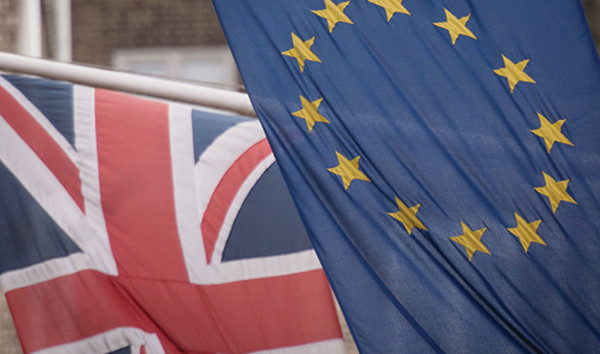

Following the result of the European Union referendum this morning in which Britain voted to leave, there will be a mixed impact on pensions as investors move into safe assets.
Investors began moving into bonds as a result of the vote, believing them to be a safer alternative.
Yields have begun falling with those taking income receiving less than they would have otherwise. Gilt values have risen with those in the de-risking segment of the investment cycle likely to benefit.
However, riskier investors with a higher equity exposure will have suffered significant falls.
Ashurst pensions partner Marcus Fink said in the short term, recent turmoil witnessed in the markets is likely to worsen. This would be not good news for those defined contribution savers.
“DC members bear the totality of investment risk so the hardest hit will be DC members who are approaching retirement or who have invested in income drawdown schemes in retirement because they will have little time to make up for lost ground if portfolio values continue to plummet.
“Defined benefit employers also have the headache of poor returns on equities, depleted fund values and higher contribution demands from pension scheme trustees. Also, spare a thought for the trustees planning long-term investment strategy amidst widespread economic uncertainty.”
Matthew Swynnerton, pensions partner at DLA Piper, said the key message in relation to existing pensions law is the vote to leave the EU does not have any immediate impact.
He said: “While significant areas of UK pensions legislation originate from the EU - such as, scheme specific funding requirements for defined benefit schemes and non-discrimination - because these provisions have been implemented into national law they remain intact despite the outcome of the referendum.
“Depending on what exit terms are agreed, it may be possible for this legislation to be changed. However, as many of the current requirements are designed to protect members, large-scale repeal or reform may be unlikely.”
He added in terms of future legislation, Brexit may mean that any changes under an updated draft Directive currently under consideration will not need to be complied with.
“In addition, the requirement for equalisation for guaranteed minimum pensions comes from EU law but there has been uncertainty as to how this should be implemented.
“A consultation on regulations on equalisation for GMPs is expected in this Parliament and it will therefore be interesting to see how the referendum result will impact on the Government’s approach to this issue and whether it will decide schemes do not need to take action to equalise GMPs.”
Tom McPhail, head of pensions research for Bristol-based Hargreaves Lansdown said the key message for long term pension investors who may see the value of their retirement savings falling today was “to do nothing unless you have to”.
He added the possibility of further curbs to pension tax relief has now increased, so investors would be well-advised to make the most of the available tax relief while they still can.
With regard to the state pension, Mr McPhail mentioned the triple lock on state pensions could be an early casualty if the Chancellor George Osborne does now carry out his an early Budget.
AJ Bell senior analyst Tom Selby said the government said during the referendum campaign an Emergency Budget would be necessary in the event of a Brexit vote in order to balance the books.
“This could see the future of pension tax relief – which was open to review prior to the referendum – once again thrown into doubt.
“Pension tax relief costs the Exchequer an estimated £34bn a year, so drastically slashing this incentive will be deeply tempting for a government desperate to raise cash if, as many have predicted, the economy heads into a tailspin.”
“State pensions in the UK currently rise in line with the triple-lock – this means they increase by the highest of earnings, prices or 2.5 per cent. During the referendum campaign, David Cameron threatened to ditch this valuable benefit as part of renewed austerity if the UK voted to leave the EU.
“This could save the government billions of pounds, although the Conservatives will clearly be fearful about angering pensioners, who tend to vote in their droves.”
ruth.gillbe@ft.com


